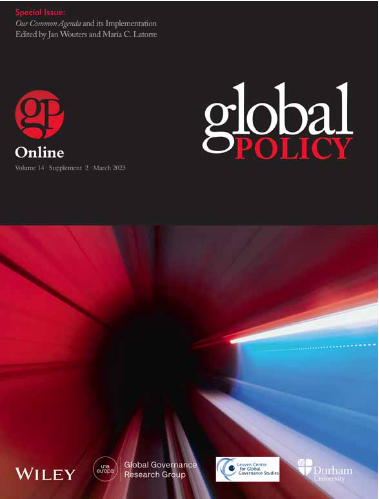The study aims to understand the evolving landscape of news dissemination on YouTube by Entrepreneurial Journalists, who have transitioned from mainstream media organisations. It is focused on unpacking YouTube's recommendations and how it is connected to users and their engagement on the platform while simultaneously studying the business model of the Entrepreneurial Journalists and their professional adaptations with respect to the algorithm. The project is directed at aiding Entrepreneurial Journalists position themselves better as 'authoritative' sources of news on YouTube which in turn could help advertisers with credible channels and content for promotions.
NOTE: in case you are journalist interested in our work, please get in touch at our News Initiative email

Research at News Initiative is centered on the practice of journalism in the media-rich ecology of India, across the domains of news content and news practices. That is, we study journalism as a profession and how norms of its practice influence the processes of newsmaking and editorialization. Secondly, we analyze the eventual content that such news practices produce, in that, the convergences and divergences between stories which "make it" into our news diets vis a vis those that don't. A third and important aspect we study how variances between different “forms of media” produce variant narratives. In an increasingly polarising time, our aim is to study how the media becomes the inevitable driver of public opinion on a majority of issues and which powers determine so.

Abstract: The digital space has become indispensable for campaigns around the world. However, it is not obvious how digital influence translates to leverage on-ground action, particularly in its impact on protest movements that challenge the status quo. In our study, we seek to clarify these conceptual issues with the idea of influence in digital politics and develop a framework to understand its institutional impact, particularly in the Global South. Taking two prominent movements, #BlackLivesMatter, which was successful in changing the state's policy on racism, and #AntiCAA in India, a similar movement that achieved less success, we develop a comparative framework that can be applied to understand the limits of digital influence in the Global South. Highlighting the difference in their institutional contexts, we show that digital influence emerges not only in terms of its positive impact but also in the negative impact it can have when the state and its institution seek to counter the protests. DOI: https://doi.org/10.1111/1758-5899.13188